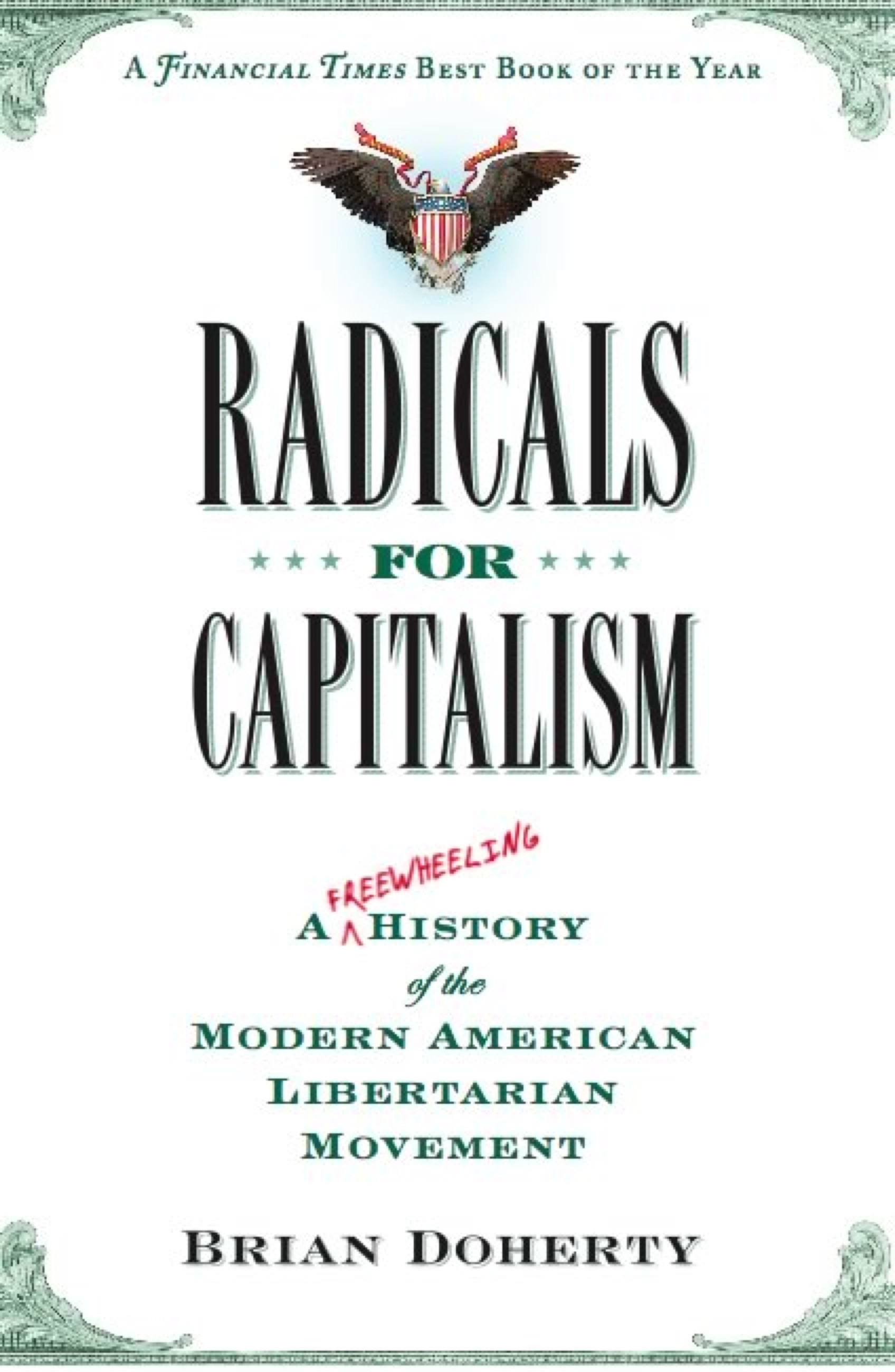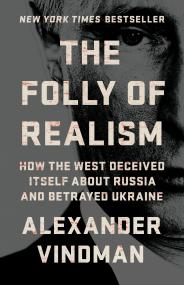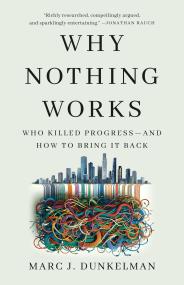By clicking “Accept,” you agree to the use of cookies and similar technologies on your device as set forth in our Cookie Policy and our Privacy Policy. Please note that certain cookies are essential for this website to function properly and do not require user consent to be deployed.
Radicals for Capitalism
A Freewheeling History of the Modern American Libertarian Movement
Contributors
Formats and Prices
- On Sale
- Apr 28, 2009
- Page Count
- 320 pages
- Publisher
- PublicAffairs
- ISBN-13
- 9780786731886
Price
$12.99Price
$16.99 CADFormat
Format:
- ebook $12.99 $16.99 CAD
- Trade Paperback $31.99 $40.99 CAD
This item is a preorder. Your payment method will be charged immediately, and the product is expected to ship on or around April 28, 2009. This date is subject to change due to shipping delays beyond our control.
Buy from Other Retailers:
In this revelatory book, based on original research and interviews with more than 100 key sources, Brian Doherty traces the evolution of the movement through the unconventional life stories of its most influential leaders — Ludwig von Mises, F.A. Hayek, Ayn Rand, Murray Rothbard, and Milton Friedman — and through the personal battles, character flaws, love affairs, and historical events that altered its course. And by doing so, he provides a fascinating new perspective on American history — from the New Deal through the culture wars of the 1960s to today’s most divisive political issues. Neither an expos’ nor a political polemic, this entertaining historical narrative will enlighten anyone interested in American politics.
Newsletter Signup
By clicking ‘Sign Up,’ I acknowledge that I have read and agree to Hachette Book Group’s Privacy Policy and Terms of Use






